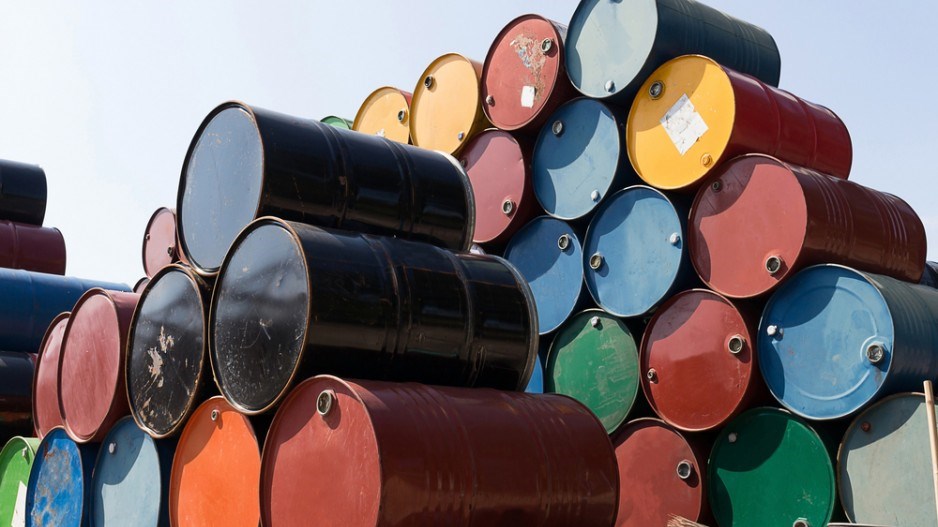Alberta's credit rating, already downgraded in December by Moody's, has taken another hit.
In December, Moody's Investment Services downgraded the province's credit rating from Aa1 negative to Aa2 stable, citing the economy's over-reliance on oil revenues and risks associated with the environment and climate change.
On Thursday, DBRS Morningstar downgraded Alberta's long-term debt from AA to AA Low, and its short-term credit rating from R-1 High to R-1 Middle.
"DBRS Morningstar also downgraded the Alberta Capital Finance Authority’s Long-Term Obligations rating to AA (low)," the rating agency said in a press release. "The trends on all Issuer Rating and Long-Term Debt ratings are Negative."
It also warned that credit risk ratings for Saskatchewan and Newfoundland could also be downgraded and are currently under review.
"As with Alberta, DBRS Morningstar expects the oil-price correction to significantly and adversely affect the (oil and gas) activity and government revenue, prompting a deterioration in budgetary results and further debt growth."
All three province are oil producers, and oil prices began a steep plunge on March 15, when Saudi Arabia announced it would ramp up oil production, after failing to get Russia to cooperate on production cuts.
A global economy grinding to a halt due to COVID-19 virus containment and management efforts are adding pressure on all governments to increase spending to cushion the effects of a virus-induced recession.
"The rating actions stem from the deteriorating global economic conditions and the sharp decline in global oil prices caused by the outbreak of the Coronavirus Disease (COVID-19) and measures taken by Saudi Arabia and Russia to recapture market share," DBRS Morningstar said.
"If sustained, DBRS Morningstar believes that these factors will have a material impact on the provincial economic activity and public finances of Canada’s main oil and gas (O&G)-producing provinces."
According to oilprices.com, Western Canadian Select (produced in Alberta) was trading at US$5.43 per barrel Wednesday. That's a 90% drop from nearly a year ago, when it was trading at US$54.73 per barrel on April 5, 2019.
American oil prices rallied this morning, only to start tick down again, and WCS was up 93% to US$10.51.
When a state or province's credit rating is downgraded, it adds to borrowing costs, and Alberta will need to borrow heavily to pay for emergency funding. Alberta is still working on an emergency aid package estimated to be in the billions, in response to the oil price plunge and COVID-19 virus impacts on the economy.
Premier Jason Kenney has said that every $1 drop in the price of oil results in a $200 million loss in revenue for the province.
"If the forecast is for US$58/bbl and the current price is about US$25/bbl this morning, that would wipe out the resource revenue, which is projected at $5billion," said Werner Antweiler, associate professor at the University of BC's Sauder School of Business,
"However, loss of employment and output lowers not just the royalty revenue but also income tax revenue (corporate and personal). All in all, Alberta’s deficit that is projected at $6 billion is likely going to double, let alone the compounding effect of the COVID-19 crisis."
"We have never experienced anything like this in the history of our energy industry," Kenney said in the Alberta legislature today. "We are facing a period of profound adversity."
DBRS expects the plunge in oil prices to have a negative impact on Alberta's budget.
"DBRS Morningstar estimates that the 2020–21 deficit...may exceed 4.0% of GDP and that the adjusted debt-to-GDP ratio may rise above 30% in 2020–21 alone."
(Editor's note: This story was updated June 29 to correct the Moody's rating figures, which were originally reported in reversed order.)




